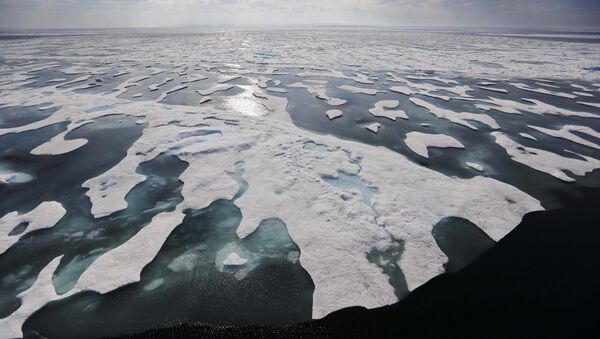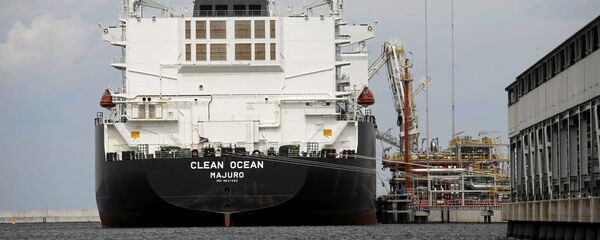"As governments seek to fulfill their Paris Agreement commitments, the tightening of regulatory regimes governing CO2 emissions is having a tangible – and, in some cases, disruptive – impact on the most exposed industrial sectors globally… Our heat map identifies 11 sectors, totaling roughly $2.2 trillion in rated debt, with elevated credit exposure to environmental risks," the report said.
The most affected sectors include oil and gas refining, transportation and logistics, the steel industry, mining, and chemicals production, the report indicated.
"Again, this represents a 10% increase in rated debt from 2015. These sectors have clear exposure to environmental risks that are either already material to credit quality or could be over the next three to five years," the report added.
READ MORE: More Than Half of French People Don't Trust the US, Opinion Poll Says
The main goal of the accord is to tackle climate change by keeping the rise in global temperature below 2 degrees Celsius above pre-industrial levels. The signatories are to develop and execute their own plans to reduce the effect of global warming.




